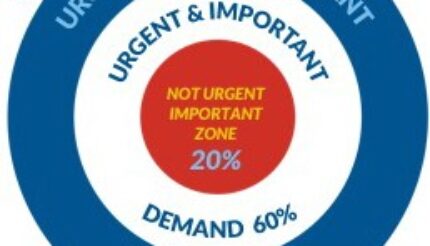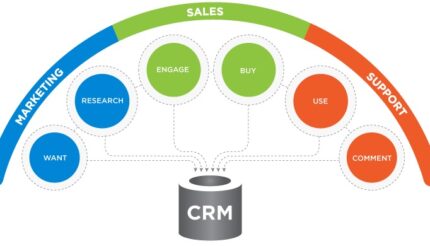How to create an actionable Business Plan
Everyone starts with all good intentions. The catalyst being I want to grow or maybe start my own business. One of the first areas you think about will be to write a business plan. Surely once you’ve done that everything will just fall into place.
Well it’s certainly a good start but it needs a little bit more work. And actually, if the plan is unrealistic then it’s likely to just sit in a draw. The reality being you’ll probably find it next time you think about planning.
Why bother with a plan?
This is the type of question that gets asked when you can’t really be bothered to plan. How and where to start can be a barrier for many people. Then guess what, it never happens. Or you do it just to tick that box but the plan doesn’t really have any substance.
As a result, you tend to ‘bumble’ along. Working on disparate activities. All of which seem like a good idea at the time. But the reality is that in isolation they are ineffective. Certainly not a set of cohesive actions that work towards a single goal.
Being able to measure the impact is also difficult. To understand if what you are doing is making a difference to your business. Which is always a good idea if you want to learn and improve. And by the way, the only approach to building an effective plan is based on what works for you.
For some people planning is a chore that happens every few years. It’s seen as an inconvenience, a necessary task that is somewhat of a pain. You need to break the cycle. Think of it as a great opportunity to spend valuable time on your business.
Don’t simply dust off the last plan you attempted. It’s better to think about how can I make my plan more relevant to my day to day activities. Build it in a way that it becomes part of running your business on a day to day basis.
Make time to build a plan
Time pressures within a business will be another reason why planning doesn’t happen. Your customers are the number one priority. But how much of your time is actually spent customer facing? You know, working on an activity that directly impacts your customers.
I suspect not many people really know. It’s probably something you haven’t stopped to think about. But if you were to add up the time the answer might surprise you. Which could mean you can stop doing some activities for a while and develop your plan.
One more thing to bear in mind. Don’t underestimate how many ideas you already have. You will carry round a lot of information about your business. And in planning mode you will capture what needs to be done. Which means when you do discipline yourself to sit down and write a plan it will be a lot easier than you think.
Plan with a purpose
The most important question to answer when you start to plan is the ‘why’. What do you want to achieve for your business through your plan?
This sounds like a really simple question but beware. If you lack specifics at this stage then it becomes impossible to align what you do next. Make sure you allow sufficient time to drill down to the purpose.
Once you have set your objectives it will help to focus your thoughts. You can assess every aspect of your business. Identify what you need to do and if there are any gaps.
The list will probably be quite large but you will be able to prioritise. Because you are aligning what you do with your objectives. Which in turn will allow you to target resources and budget where they are needed the most.
Everything becomes more purposeful. And don’t underestimate the value of being able to manage the rest of the business with a plan. In particular your staff. Everybody knows the plan, understands what’s expected of them and can see the results. Which makes for a much stronger and cohesive unit all round.
How to stick to your plan
If you’ve done everything that has been asked of you so far this bit is easy. Following the plan becomes part of your everyday activities. And if you have staff and they have been part of the process they will already be up to speed.
It can be helpful to consult with someone who sits outside of your business. They will not be wrapped up in the day to day activities. Which allows them to provide that really important objective view.
Using someone like this early in the process will ensure you start off on the right footing. They are likely to ask the searching questions. The ones you really need to think about. And you have the time to formulate the right answers. Which means you will be able to build a much stronger plan.





